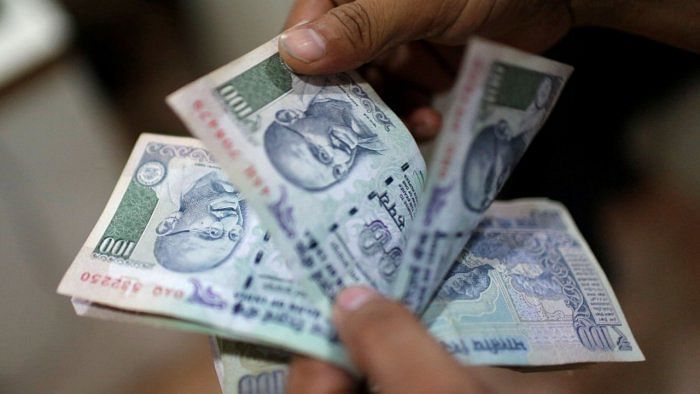
India needs to gear up to manage the inevitable volatility that will emerge in the foreign exchange market as the country progresses further towards internationalisation of the rupee, a deputy governor at the Reserve Bank of India said recently.
An international currency is one that is freely available to non-residents, essentially to settle cross-border transactions, and in the case of the rupee, this will be achieved by promoting the currency for import and export, without any limits.
But, that will make the rupee more reactive to global events and that would increase outflows, increasing volatility.
Read | M-cap of five of top 10 valued firms climbs Rs 88,605 cr; State Bank, ICICI Bank biggest gainers
"It is now widely accepted that while internationalisation and a freer capital account comes with its own set of benefits, it is not without risks," M. Rajeshwar Rao said.
"Freer capital flows come with their own set of challenges, the primary one being that of volatility and we need to gear up to manage that."
Rao did not expand on how to manage the volatility in his comments, which were part of his keynote address at a conference organised by the Foreign Exchange Dealers' Association of India (FEDAI) on Sunday. The RBI published a copy of the speech on its website on Thursday.
India has increasingly aimed to promote trade denominated in rupees. Last July, the RBI introduced a new mechanism to settle international trade in rupees, aiming to promote exports and facilitate imports.
Rao said there was a "good amount of interest" in the rupee trading arrangements the RBI was putting in place. And if the central bank's efforts towards rupee-invoicing bear fruit, local exporters and importers will not need to hedge, he added.
While Rao cautioned that increasingly interconnected markets will bring greater challenges, there were also opportunities.
New frontiers will also emerge as Indian banks expand their presence in offshore markets, non-residents participate more in domestic markets, and technological changes continue to transform the way markets function, he said.
In such an environment, Rao said, the RBI remains committed to continuously move ahead steadily and in line with the changing macro-financial environment globally and domestically.